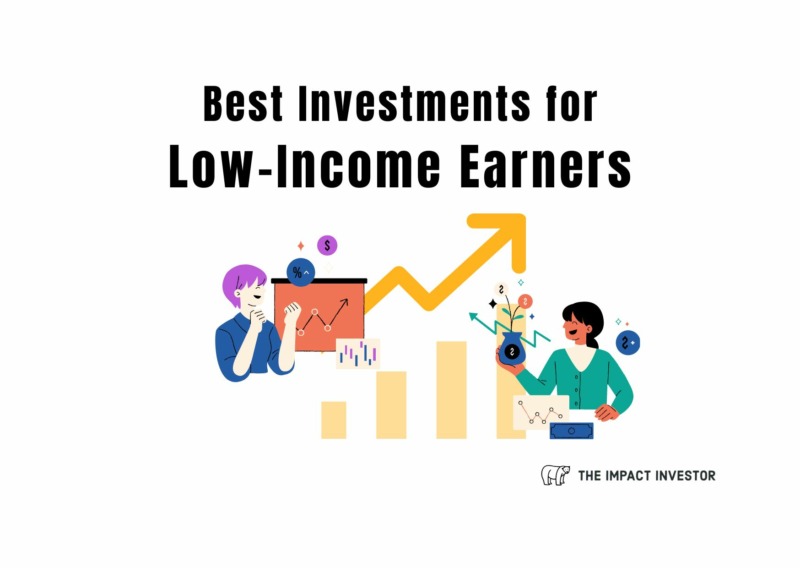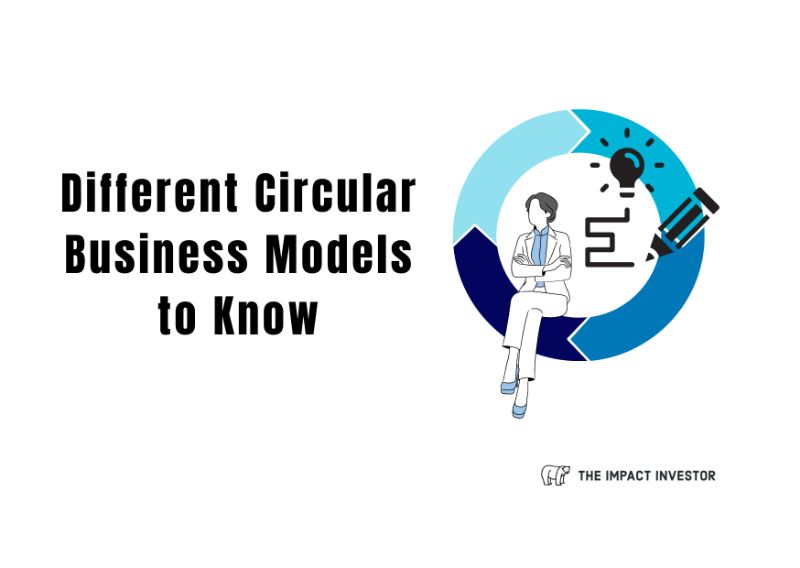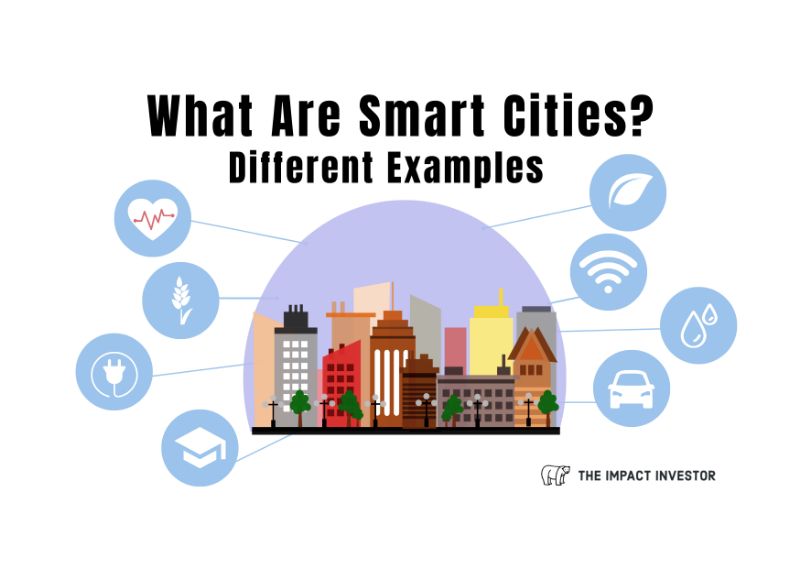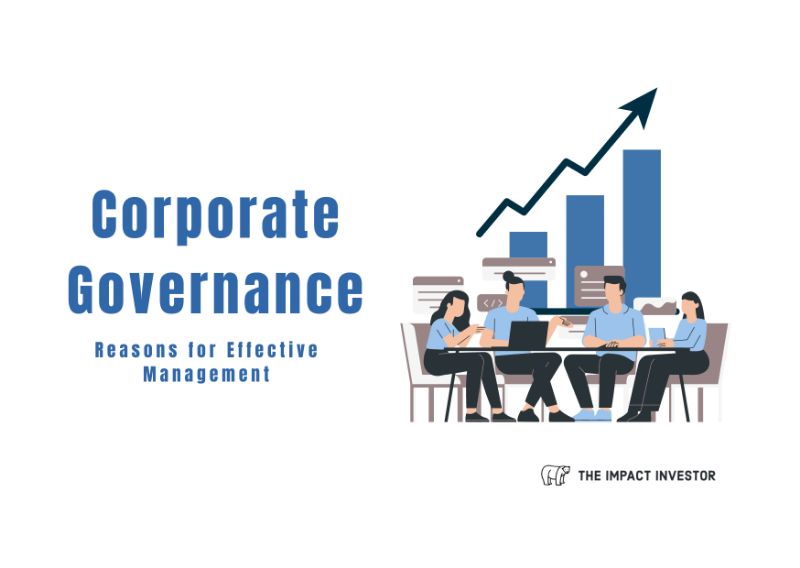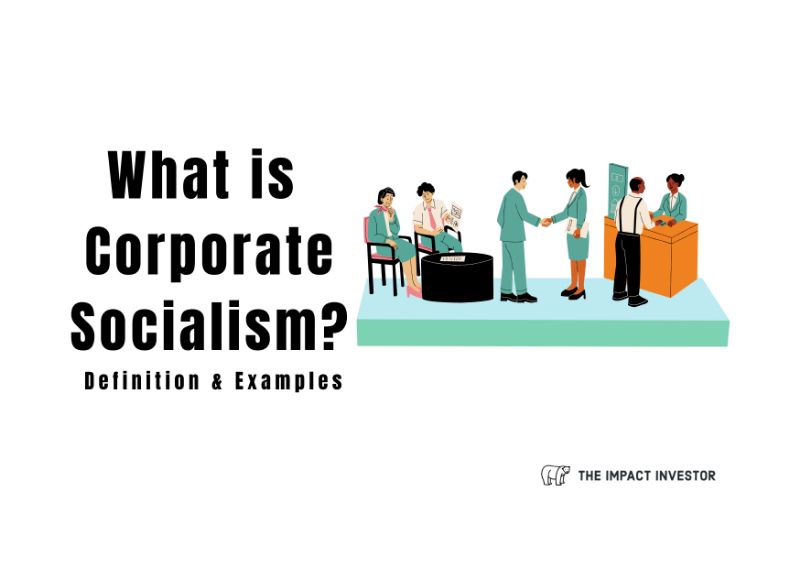If you want to make money, you need to have money, right? It can seem limiting to know you do not have a lot of money in the bank to invest. Do not get discouraged yet. There are a few ways for anyone to earn money, even if they do not have a massive checking account.
10 Ways to Start Investing in Small Business
When it comes to investing in small business ventures seems like a good thing, but where do you get started? I recently had the opportunity to "lend" a friend some money for a business venture, and when that did not turn out well, I wasn't too sure I would enter this area again.
5 Different Circular Business Models to Know
As I hear more about the environment, the more I ask myself: “What can I do to help?” One of the best ways to make a big impact is by leveraging new ways of using the planet's resources. After all, our resources are finite so we need to be more mindful of material flows through production and how
What Are Smart Cities? 4 Different Examples
Cities and human settlements have come a long way over the last few centuries. For better or for worse, technology has changed the rhythms of the world we live in.
16 Best Social Impact Jobs: Careers That Drive Change
The goal of taking up any job is to earn a living. But work doesn't always have to be about money. Social impact jobs are those that focus on creating positive changes in the community.
Are Personal Loans Bad? Here’s What You Should Know
Money makes the world go round, or so they say. I wish there wasn’t so much truth to that statement, but unfortunately, almost everything costs money. If you are anything like me, you may have found yourself in a situation where you needed some extra cash.
Corporate Governance: 15 Reasons for Effective Management
Understanding the importance of corporate governance is critical for all companies, even small—to medium-sized companies. Good corporate governance can help companies build business integrity and play a role in risk management.
What is Corporate Socialism? Definition & Examples
Socialism has been around in various forms for nearly 250 years, originating in the French Revolution of the late 1700s. It’s based on the core theory that governments should use central planning to control their economies and distribute wealth and assets to the population. In other words, wealth

